by Lois Tverberg
Blessed are those who hunger and thirst for righteousness, for they shall be satisfied…. Blessed are those who have been persecuted for the sake of righteousness, for theirs is the kingdom of heaven. Blessed are you when people insult you and persecute you, and falsely say all kinds of evil against you because of Me. Rejoice and be glad, for your reward in heaven is great; for in the same way they persecuted the prophets who were before you. Matthew 5:6,10-12
What did Jesus mean by saying that those who are persecuted for the sake of righteousness possess the Kingdom of Heaven? Knowing more about the biblical language will allow us to dig deeper.
The Greek word for “persecute” is dioko, which can also mean “pursue.” The parallel word in Hebrew is radaf, which also conveys both meanings — to pursue and to persecute. As a result, this passage could be just as easily rendered, “Blessed are those who are pursued because of righteousness.”
Interestingly, in Hebrew, if a person is “pursued” by something, it can be an idiom expressing eagerness, anxious expectation, or a passionate desire for something — like saying that we are “consumed” by a passion or goal. (1) So, this sentence could speak about being consumed by the desire for righteousness, as much as it expresses the idea of being persecuted by others because of righteousness.
If this alternative meaning is true, then this verse is a close parallel to Matthew 5:6, which speaks of those who hunger and thirst for righteousness (tzedakah), and it would be a strong allusion to two passages from Jesus’ scriptures:
Justice, and only justice (also tzedakah), you shall pursue (radaf), that you may live and possess the land which the LORD your God is giving you. Deuteronomy 16:20
Listen to me, you who pursue (radaf) righteousness (tzedakah) and who seek the LORD… Isaiah 51:1
Of course, the very next verse of the beatitudes (Matthew 5:11) is definitely about persecution – about insults and libel and ill-treatment by others. But yet “pursued for the sake righteousness” is ambiguous, whether it speaks of the person’s passion, or of mistreatment by others.
Could it be that Jesus was actually combining the two ideas into one? Will those who are passionate about righteousness face persecution because of it? Certainly Jesus’ first followers faced no end to persecution for their great commitment to him, and in our own century, many Christians have experienced great persecution for his sake. All those suffering for the Lord’s name can take comfort knowing that their dedication and faithfulness does not go unnoticed. He says, “Rejoice and be glad, for great is your reward in heaven!”
(1) R. Buth, Pursuing Righteousness, at www.jerusalemperspective.com.(Premium Content Membership needed for access)
Photo: Sathyan Velumani

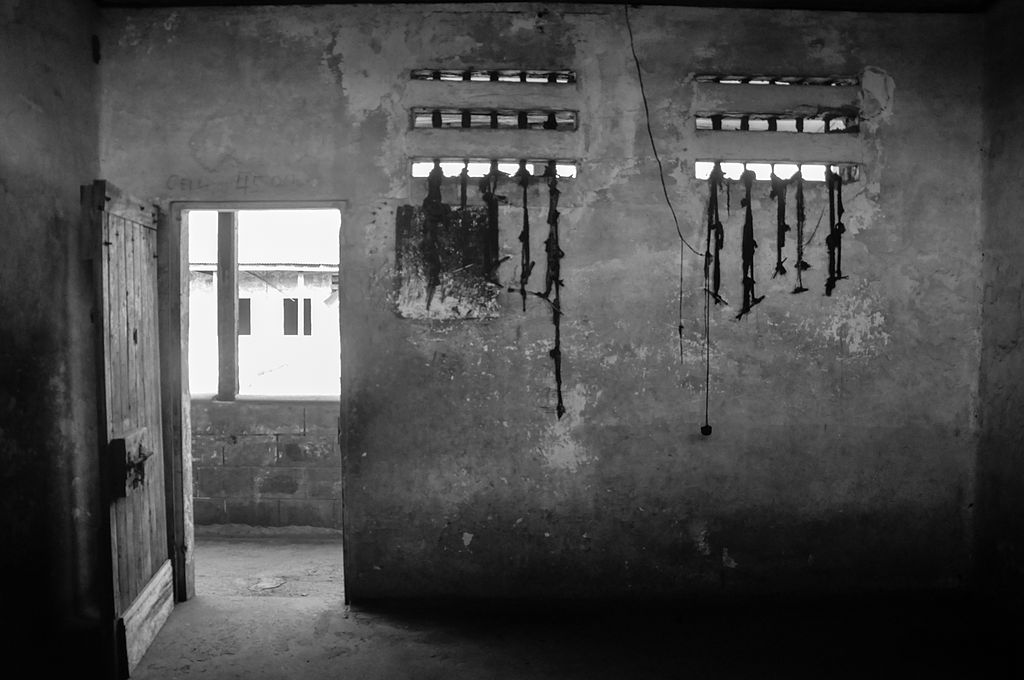

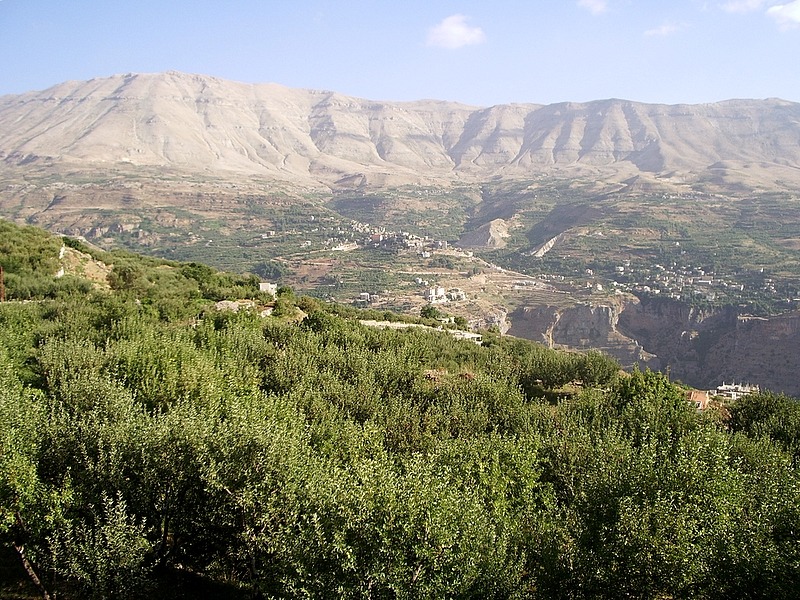
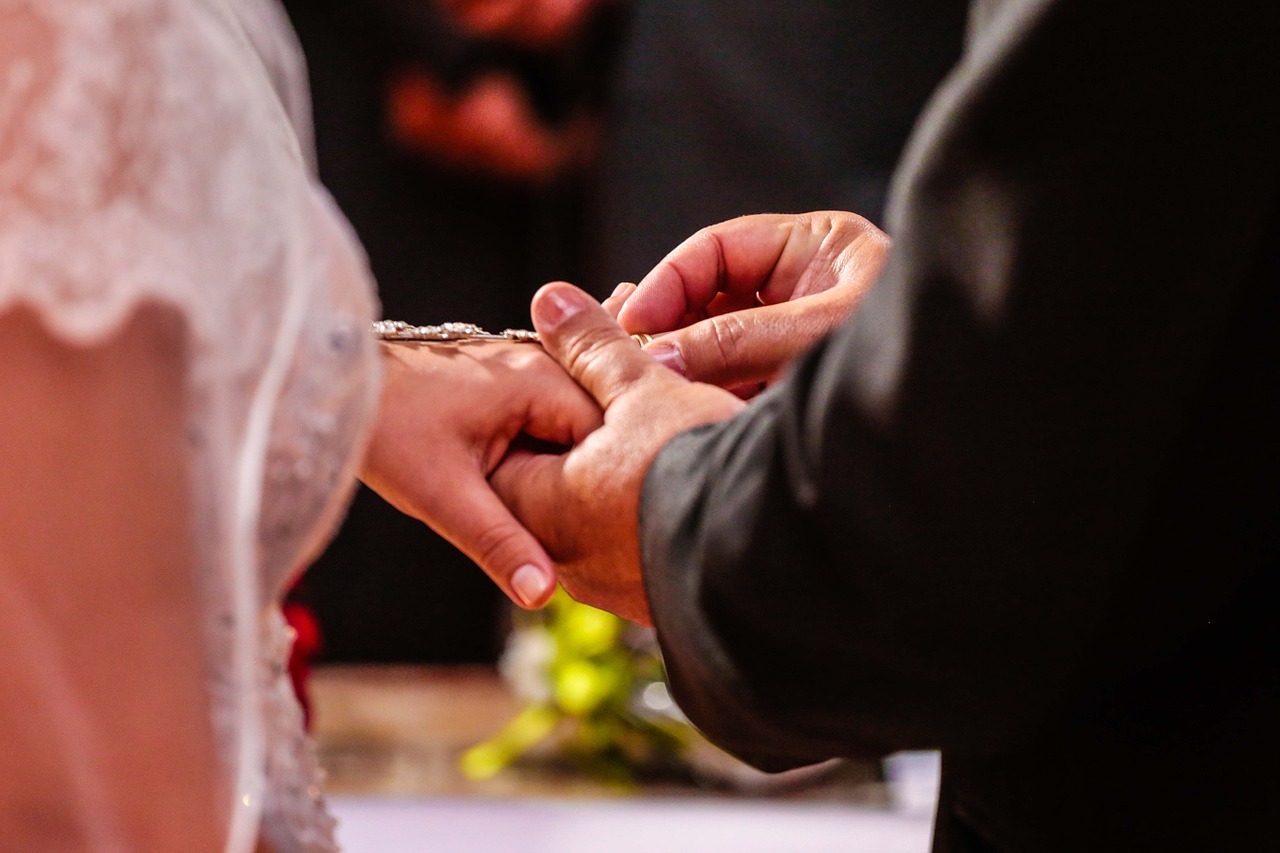
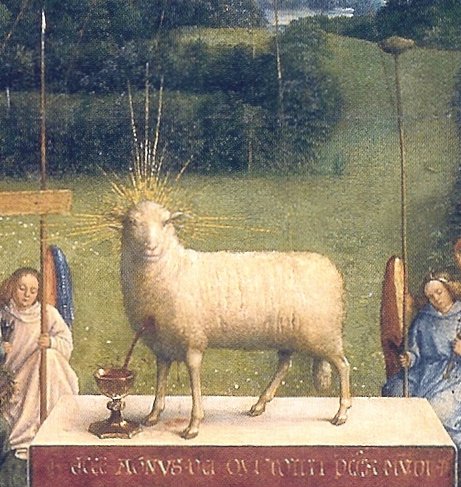
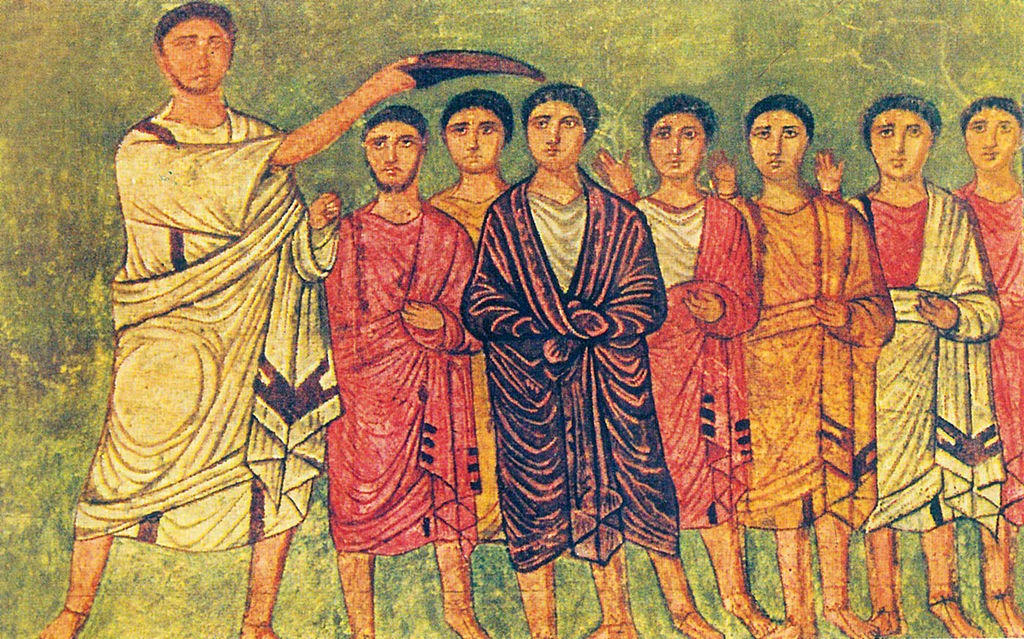
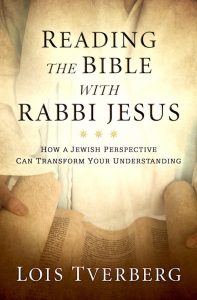
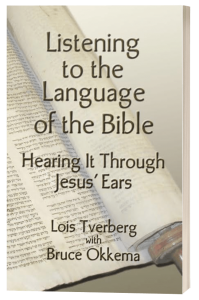



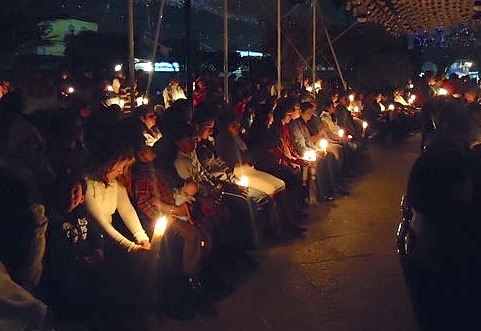
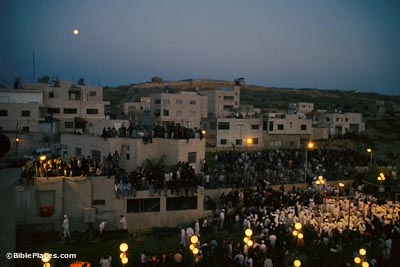
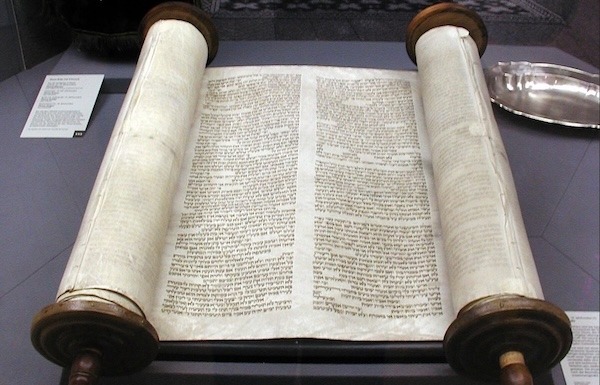


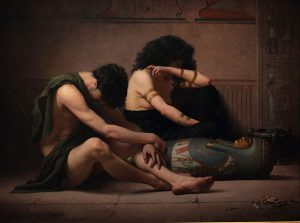 joy of the traditional Passover feast that was marred by the arguments over who was the greatest, and the ugly scene of finding out that Judas was a traitor. For Jesus, this night was one of great turmoil because he knew that it would be hours until Judas would bring the authorities to arrest him. While his disciples nodded off from plenty of wine and good food, he would sweat drops of blood waiting for his torture and execution.
joy of the traditional Passover feast that was marred by the arguments over who was the greatest, and the ugly scene of finding out that Judas was a traitor. For Jesus, this night was one of great turmoil because he knew that it would be hours until Judas would bring the authorities to arrest him. While his disciples nodded off from plenty of wine and good food, he would sweat drops of blood waiting for his torture and execution.